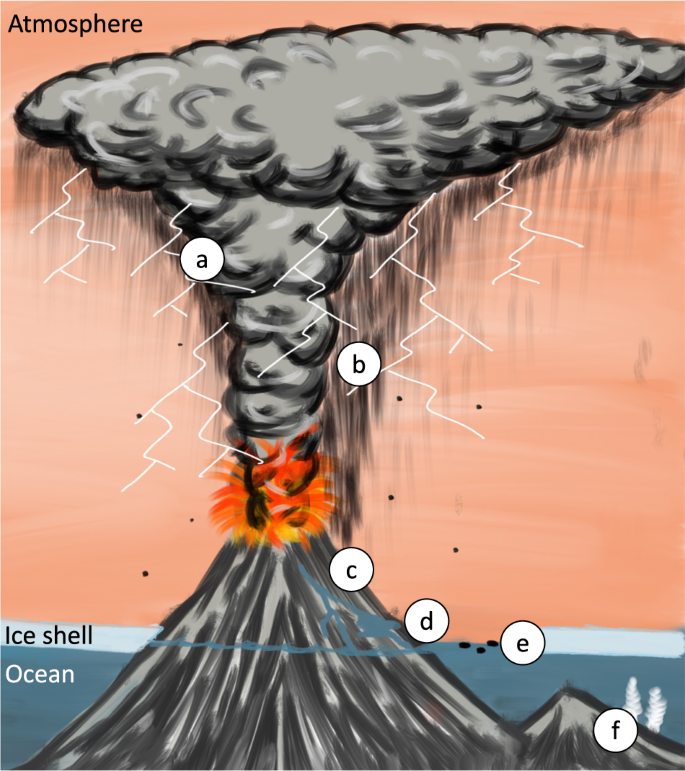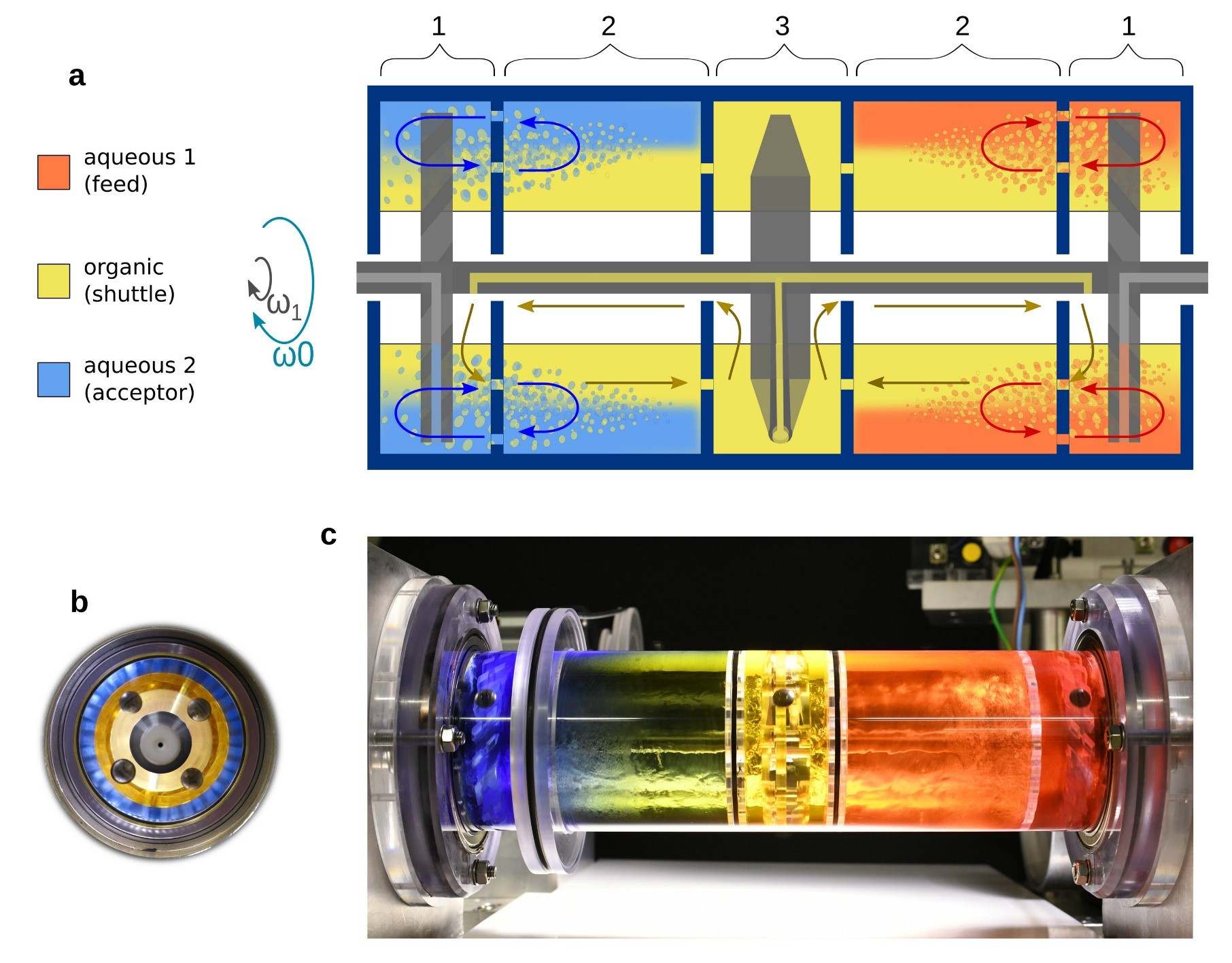2023-05-02 カリフォルニア大学サンディエゴ校(UCSD)
◆地球上で生命が形成されたのは、落雷によって有機物の断片が作られ、それが最終的に最初の生命体に集積したという理論がある。しかし、それが約40億年前に起こったため、証明することは困難である。また、その時代の地球は氷に覆われ、ごくわずかな陸地しか存在しなかったため、物理的条件がそろわず、落雷が頻繁に起こることがなかった。
◆そのため、サンディエゴ大学の元海洋化学教授であるジェフリー・バダは、火山活動が生命の発生に必要な雷を生み出したのではないかと提案している。
◆バダ教授は、現在でも火山活動からは強烈な雷が発生することがあるため、火山活動が初期の地球で必要な電気エネルギーを提供したと述べている。また、噴火によって生み出された多孔質の火山石である軽石が生命の形成に貢献した可能性があると指摘している。これらの浮遊物は、生命の材料を含む有機化合物を運んで、海洋の広大な領域に浮遊し、新生大陸にもたらした。
<関連情報>
- https://today.ucsd.edu/story/did-volcanoes-provide-the-spark-of-life
- https://www.nature.com/articles/s41467-023-37894-y
火山島の雷のプレバイオティクス化学とハデアンの初期における生命の起源
Volcanic Island lightning prebiotic chemistry and the origin of life in the early Hadean eon
Jeffrey L. Bada
Nature Communications Published:10 April 2023
DOI:https://doi.org/10.1038/s41467-023-37894-y

The early Hadean eon (>4Ga) may have had a periodically ice-covered global ocean and limited subaerial landmass, and this could have resulted in infrequent lightning occurrence. This infrequency of lightning may have limited the synthesis of prebiotic compounds necessary for life’s origins. Here I present a hypothesis that lightning associated with volcanic island eruptions created focal points for the generation of prebiotic ingredients and ultimately the origin of life.



